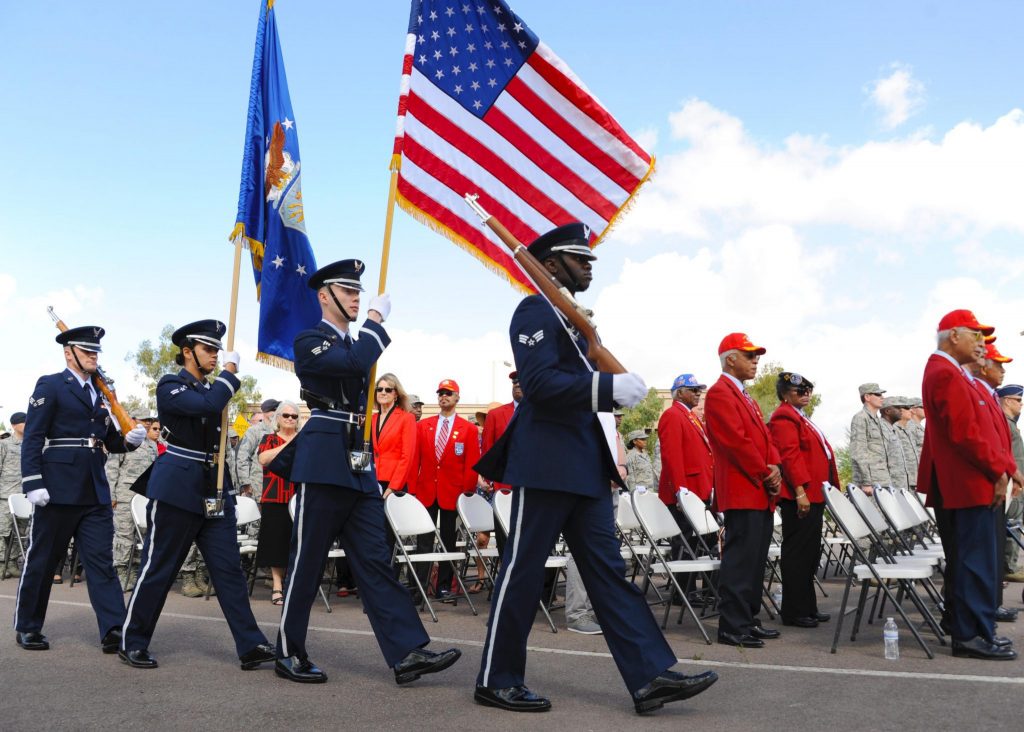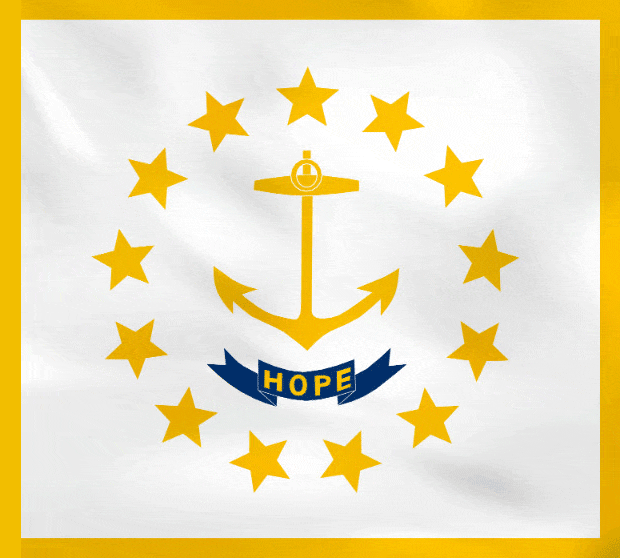

The following year, a different legislator proposed eliminating Victory Day on the grounds that it put border-town businesses at a disadvantage against their competitors in Massachusetts and Connecticut.Įfforts have often been made to remind Rhode Islanders of the reason for the holiday, but frequently in vain. Edward Gallogly, a future Democratic nominee for governor, proposed eliminating Victory Day as a legal state holiday and replacing it with Good Friday - an idea with obvious appeal in heavily Catholic Rhode Island. Meanwhile, local pushback against the holiday started early. But not everyone liked the idea: The Providence Journal’s editorial board argued Rhode Island lawmakers should cancel an existing holiday rather than add a ninth in the form of Victory Day. Veterans groups had been pushing for a World War II holiday since as early as 1946, the year after the war ended. Rhode Island established Victory Day in March 1948, almost three years after the end of World War II. 14 deserves special attention for its interplay of state, local, national, and even international politics.” Senate report on the topic.Īs far back as the 1950s, The New York Times wrote that Victory Day – which the paper, like many news outlets then and now, referred to as “V-J Day” – was “always a big legal holiday in Rhode Island.” Author Len Travers, in his “Encyclopedia of American Holidays and National Days,” remarks: “The tenacity of Rhode Island in celebrating Aug. (Arkansas state employees were given their own birthdays off.) While some websites claim Victory Day used to be a federal holiday, too, that appears to be a myth – there is no mention of it in an authoritative 1999 U.S. 14 commemoration, which had been adopted back in 1949, according to state historian David Ware. Rhode Island has been an outlier with Victory Day since 1975, the year Arkansas lawmakers adopted a new list of legal holidays that left off the state’s Aug. It has always been called “Victory Day” on the statute books, going all the way back to its establishment in 1948. And despite what many residents believe, the legal name of Rhode Island’s holiday was never “V-J Day” (short for “Victory Over Japan”). 14 - when Japan’s surrender was announced in the United States - the holiday is observed on the second Monday in August. While the actual event that Victory Day commemorates happened on Aug. ( WPRI) – Monday is Rhode Island’s 74th annual Victory Day, continuing the state’s custom of being the only place in America that honors the end of World War II with a legal holiday.

As one Rhode Island resident responded to critics, “We still celebrate July 4th, and we are friends with England, so why not VJ Day.PROVIDENCE, R.I. It is hard to tell the difference between a VJ Day celebration and a 4th of July celebration, except for the date. On Victory Day weekend in Rhode Island, families go camping fishing tournaments are held at area lakes arts and crafts fairs line the main streets of local towns and villages.


And Newport was the naval home of the Atlantic destroyer fleet.Įven suggestions that the holiday be celebrated on a floating date were argued down as recently as 2013, with the Rhode Island AFL-CIO arguing that doing so would be disrespectful to veterans. More than 100,000 Rhode Island residents served in World War II, and more than 10,000 of those were killed. Other’s point out many Americans lost their lives fighting a war to preserve American freedom after the attack at Pearl Harbor. They say that Rhode Island is insensitive and politically incorrect. Critics point out that Japan is now our ally and good trading partner. While other states eventually rescinded the holiday, Rhode Island has been a stalwart in preserving the tradition of celebrating Victory Day. Rhode Island officially declared Victory Day a state holiday in 1948 and has celebrated it each year since. Although Japan’s formal surrender did not occur until 2 September 1945, the dropping of the atomic bombs on Hiroshima on 6 August and on Nagasaki on 9 August effectively ended the war then.


 0 kommentar(er)
0 kommentar(er)
